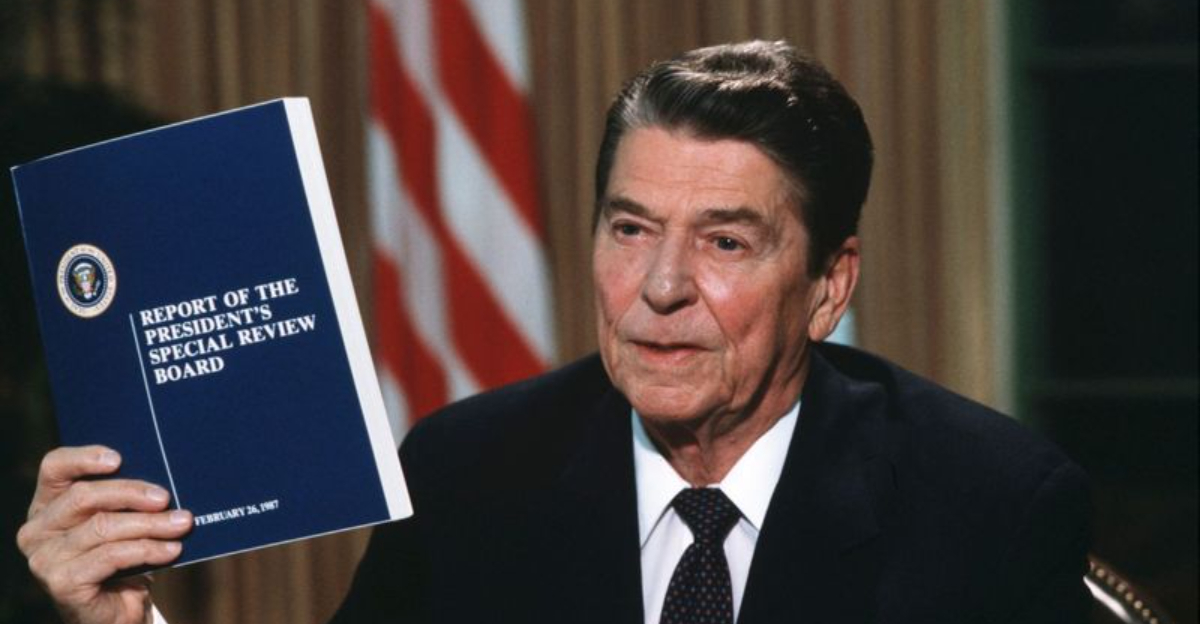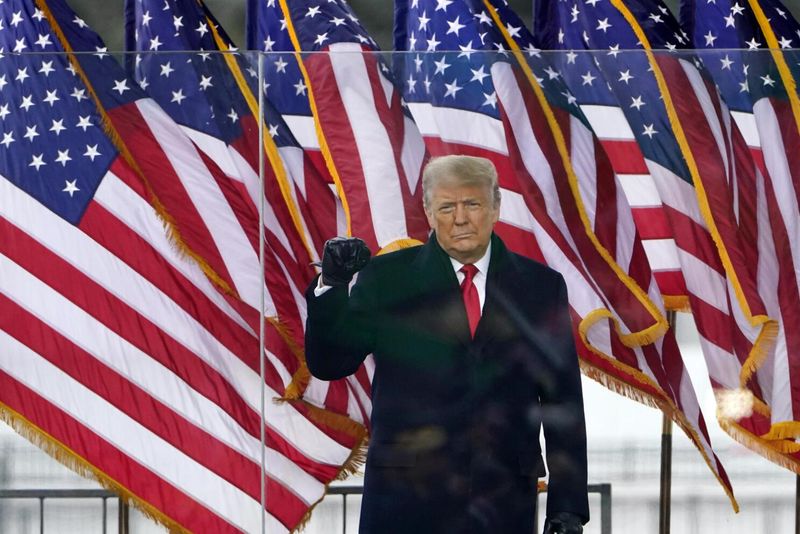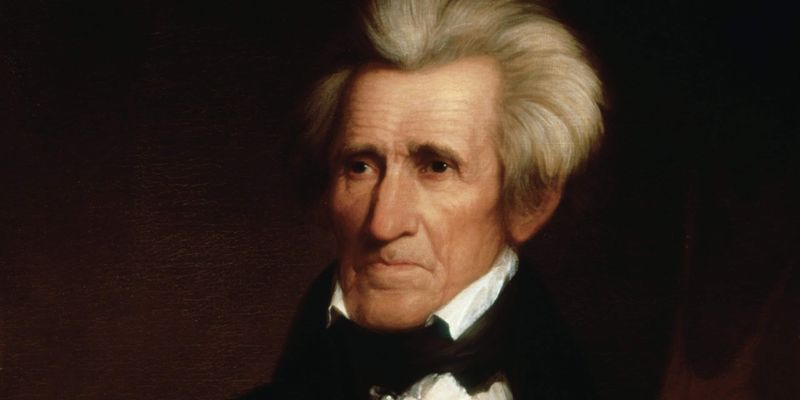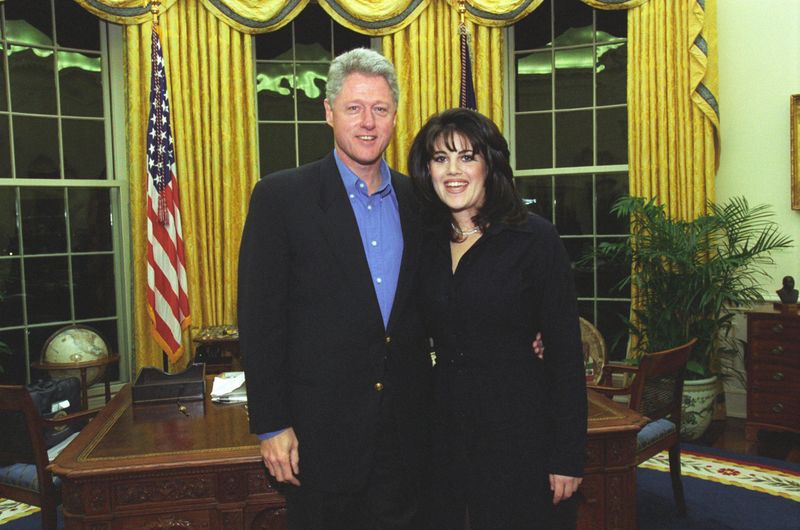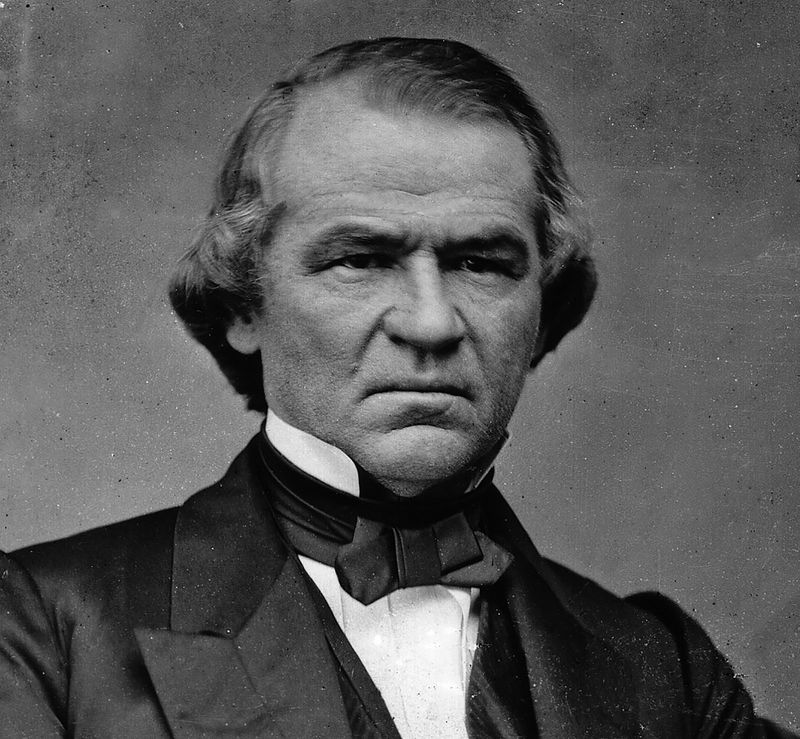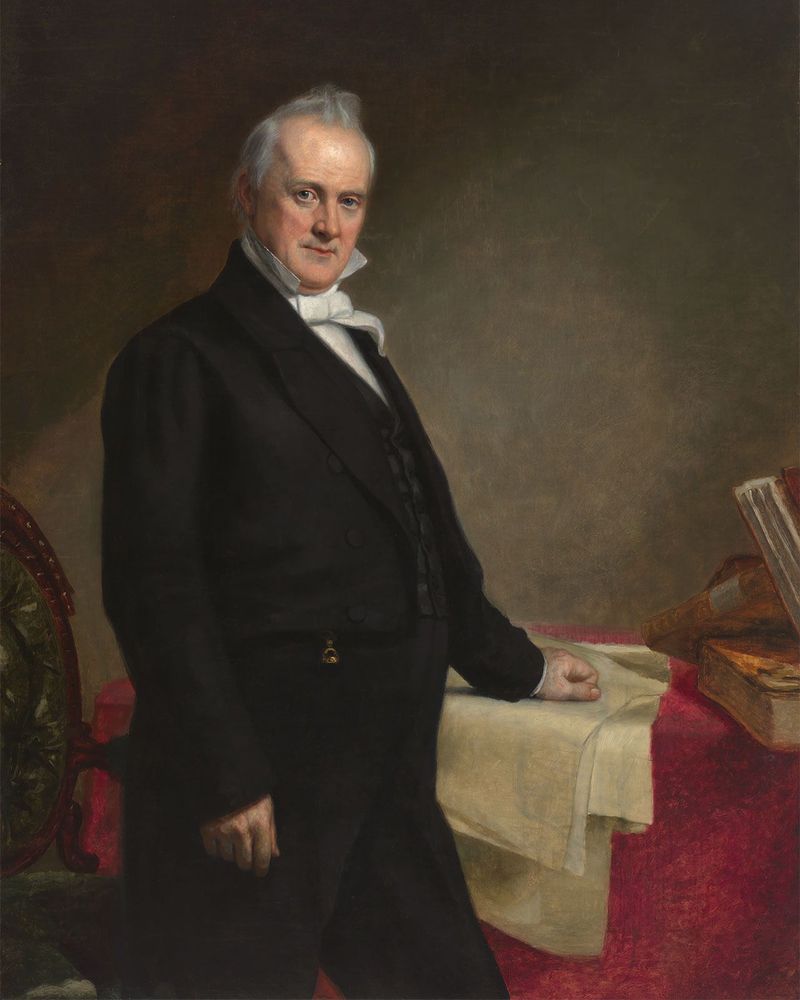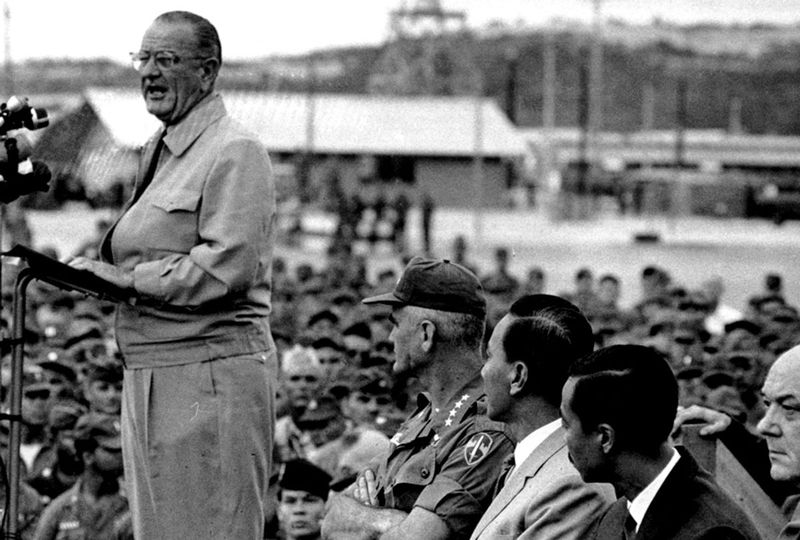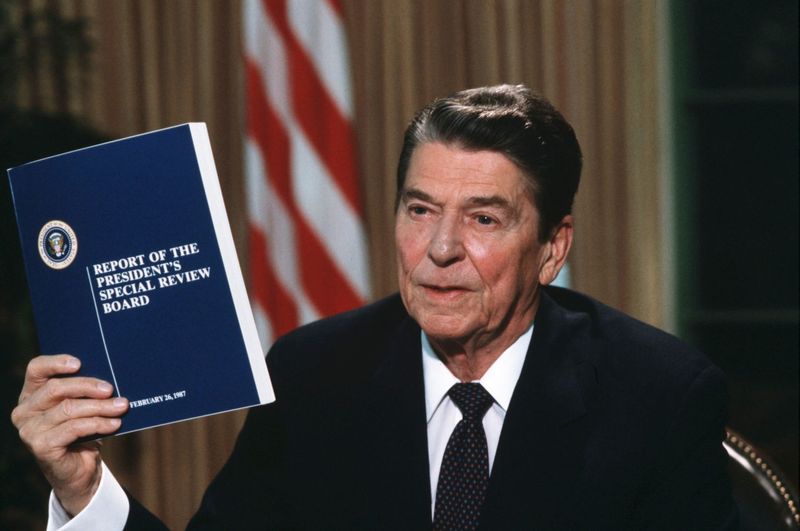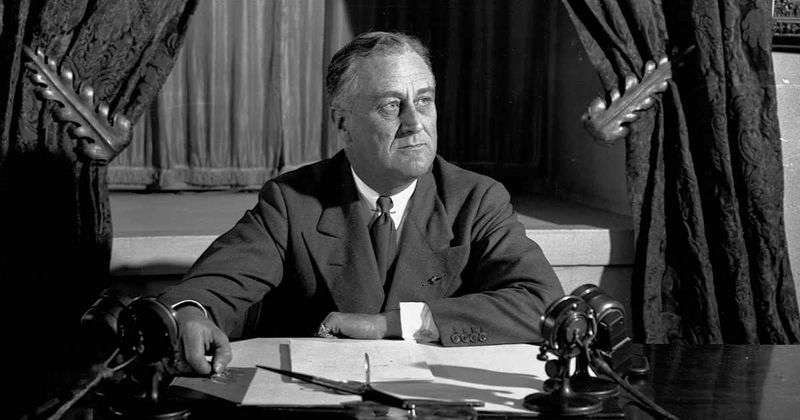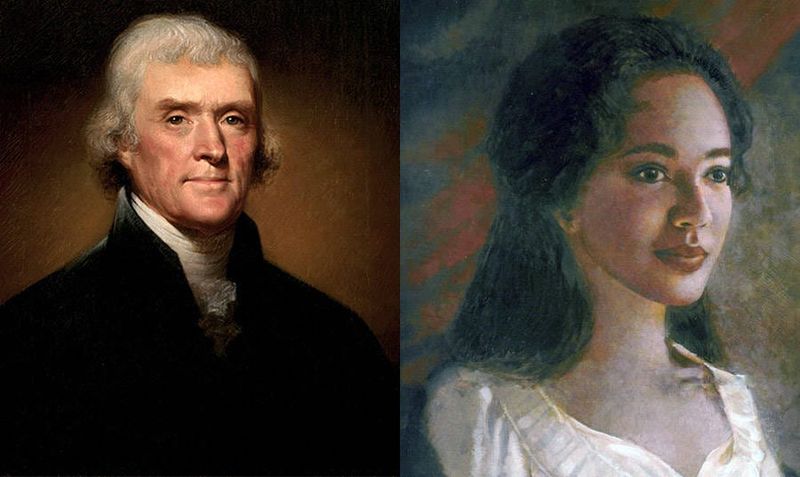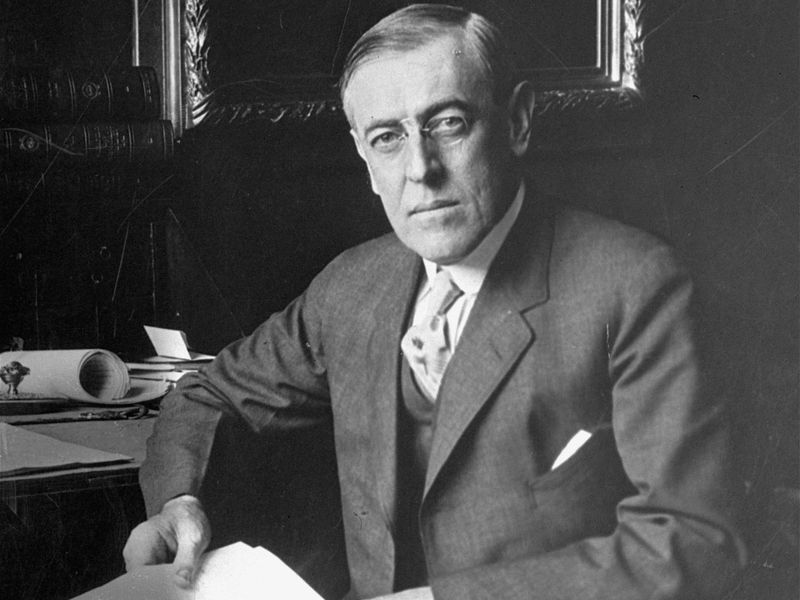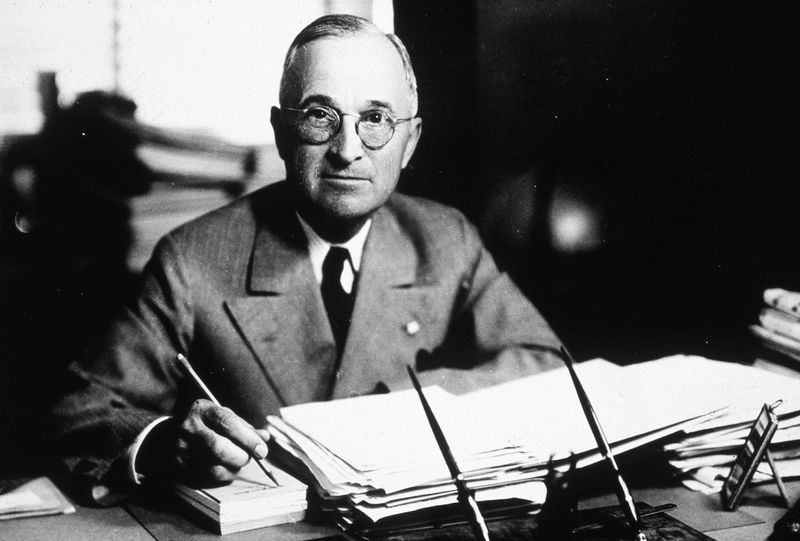Throughout American history, certain presidents have sparked fierce debates, divided the nation, and left lasting impacts on our country.
From policy decisions to personal scandals, these leaders found themselves at the center of controversy during their time in office and in the historical record.
Let’s explore the 15 most controversial presidents who shaped America through turbulent times.
1. Donald Trump’s Tumultuous Term
The 45th president polarized America like few before him. His unconventional approach to politics included inflammatory tweets, confrontational relationships with the media, and policies that sparked nationwide protests. The first president to be impeached twice faced controversies over Russian election interference allegations, immigration policies that separated families at the border, and his handling of the COVID-19 pandemic. His presidency culminated in the January 6th Capitol riot following his claims of election fraud, creating one of the most divisive political legacies in modern American history.
2. Richard Nixon’s Watergate Disgrace
Nixon remains the only president to resign from office, forever tainted by the Watergate scandal. What began as a break-in at Democratic National Committee headquarters spiraled into a constitutional crisis revealing Nixon’s abuse of power. Secret White House tapes exposed his involvement in the cover-up operation. Beyond Watergate, Nixon’s presidency included controversial bombing campaigns in Cambodia and Vietnam that remained secret from Congress and the American public. Despite foreign policy achievements like opening relations with China, Nixon’s legacy remains defined by corruption and the phrase “I am not a crook.”
3. Andrew Jackson’s Trail of Tears
Known as “Old Hickory,” Jackson’s presidency championed the common man while brutally oppressing Native Americans. His Indian Removal Act forced the relocation of thousands of indigenous people from their ancestral lands to territories west of the Mississippi River. The resulting journey, known as the Trail of Tears, led to the deaths of approximately 4,000 Cherokee people from exposure, disease, and starvation. Jackson also dismantled the national bank, sparking the Panic of 1837. His violent temper (he participated in numerous duels) and authoritarian tendencies earned him the nickname “King Andrew I” from opponents.
4. George W. Bush’s Iraq War Decision
Following the September 11 attacks, Bush launched the War on Terror that would define his presidency. His administration’s claims about weapons of mass destruction led America into the Iraq War, which later proved to be based on faulty intelligence. The conflict cost trillions of dollars and thousands of American lives while destabilizing the Middle East. Bush’s domestic controversies included his handling of Hurricane Katrina and the 2008 financial crisis. Enhanced interrogation techniques approved during his administration sparked heated debates about torture and American values in wartime.
5. Bill Clinton’s Impeachment Scandal
Clinton’s presidency was overshadowed by personal scandals culminating in his impeachment in 1998. His affair with White House intern Monica Lewinsky and subsequent false testimony led to charges of perjury and obstruction of justice. While the Senate acquitted him, the scandal permanently tarnished his reputation. Earlier controversies included Whitewater real estate investigations and sexual harassment allegations from multiple women. Despite these personal failings, Clinton presided over economic prosperity with a budget surplus and significant welfare reform that remains debated by both parties today.
6. Andrew Johnson’s Failed Reconstruction
Taking office after Lincoln’s assassination, Johnson became the first president to be impeached. His lenient approach to Southern reconstruction allowed former Confederate leaders to regain power and enact discriminatory Black Codes. Johnson’s open racism and opposition to the 14th Amendment protecting civil rights put him at odds with the Republican-controlled Congress. He survived impeachment by just one vote but is widely considered one of America’s worst presidents. His policies enabled the rise of Jim Crow laws and set back racial equality efforts for nearly a century.
7. James Buchanan’s Civil War Prelude
Often ranked as America’s worst president, Buchanan’s inaction directly contributed to the Civil War. He claimed the federal government had no authority to stop Southern states from seceding, essentially abandoning his constitutional duty to preserve the Union. Buchanan supported the pro-slavery Dred Scott Supreme Court decision, which declared African Americans could never be citizens. His weak leadership during the secession crisis left Abraham Lincoln an unprecedented national emergency. As the only bachelor president, rumors about his sexuality have added another controversial dimension to his historical assessment.
8. Lyndon B. Johnson’s Vietnam Quagmire
LBJ’s presidency represents a study in contrasts between domestic triumph and foreign policy disaster. His Great Society programs dramatically expanded civil rights and created Medicare, Medicaid, and food stamps that transformed American society. Yet Johnson’s escalation of the Vietnam War sent over half a million American troops into a conflict that became increasingly unpopular. The credibility gap between his public statements and the reality of the war destroyed public trust. Anti-war protests erupted nationwide, and Johnson’s political standing collapsed so completely he declined to run for reelection in 1968.
9. Ronald Reagan’s Iran-Contra Affair
Reagan’s administration secretly sold weapons to Iran (under an arms embargo) and used the proceeds to fund Nicaraguan Contra rebels despite explicit Congressional prohibition. When exposed, the scandal raised serious constitutional questions about executive power. Several administration officials were convicted, though Reagan himself claimed ignorance of the operation. Critics also point to Reagan’s initial slow response to the AIDS crisis and controversial economic policies that increased income inequality. His supporters celebrate his role ending the Cold War, while detractors note his administration’s support for brutal regimes and domestic spending cuts.
10. Franklin D. Roosevelt’s Court Packing Plan
Despite leading America through the Great Depression and World War II, FDR faced significant controversy. His attempt to expand the Supreme Court after it struck down New Deal legislation was widely condemned as an attack on judicial independence. Roosevelt’s executive order interning Japanese Americans during WWII remains one of the darkest chapters in civil liberties history. His unprecedented four-term presidency prompted the 22nd Amendment limiting future presidents to two terms. Critics viewed his expansion of federal power as socialist overreach, while supporters saw necessary reforms saving American capitalism during its greatest crisis.
11. Thomas Jefferson’s Slave Ownership Paradox
The author of “all men are created equal” owned over 600 enslaved people during his lifetime. Jefferson’s relationship with Sally Hemings, an enslaved woman who bore several of his children, reveals the profound contradictions in his character and early American society. His presidency featured controversial decisions including the Louisiana Purchase, which many argued exceeded constitutional authority. The Embargo Act devastated American trade while failing to achieve its diplomatic goals with Britain. Modern historians continue debating how to reconcile Jefferson’s democratic ideals with his personal participation in human bondage.
12. Barack Obama’s Healthcare Battle
America’s first Black president faced unprecedented opposition and controversies throughout his tenure. The Affordable Care Act sparked fierce debates about government’s role in healthcare, with opponents labeling it socialism and challenging its constitutionality. Obama’s expanded use of drone strikes and NSA surveillance programs alienated some supporters. The rise of the Tea Party movement and “birtherism” conspiracy theories revealed racial undercurrents in American politics. His executive actions on immigration and climate change further divided an increasingly polarized nation struggling to adapt to rapid demographic and economic changes.
13. Warren G. Harding’s Teapot Dome Scandal
Harding’s administration became synonymous with corruption after the Teapot Dome scandal exposed his Interior Secretary leasing naval oil reserves to private companies in exchange for bribes. Multiple cabinet members went to prison for various schemes. Harding himself admitted being ill-prepared for the presidency, once confessing: “I am not fit for this office and should never have been here.” His sudden death in 1923 spared him from witnessing the full extent of his administration’s corruption. Personal scandals included multiple extramarital affairs and allegations he fathered an illegitimate child.
14. Woodrow Wilson’s Segregationist Policies
Wilson’s progressive reputation contrasts sharply with his regressive racial policies. He segregated the federal workforce, reversed decades of civil service integration, and screened the pro-KKK film “Birth of a Nation” at the White House. His handling of World War I included the controversial Espionage and Sedition Acts that criminalized government criticism. Wilson suffered a debilitating stroke in 1919 that left his wife secretly handling many presidential duties. His failure to win Senate support for the League of Nations represented a major defeat for his internationalist vision and contributed to conditions leading to World War II.
15. Harry Truman’s Atomic Bomb Decision
Truman’s decision to drop atomic bombs on Hiroshima and Nagasaki remains one of history’s most debated presidential actions. Supporters argue it saved lives by avoiding a land invasion of Japan, while critics question whether alternatives could have ended the war without nuclear devastation. His presidency featured other significant controversies including firing popular General Douglas MacArthur during the Korean War. The Truman Doctrine committed America to global containment of communism, establishing Cold War policies that would shape international relations for decades. Despite low approval ratings when leaving office, historians now generally rank Truman among America’s better presidents.
